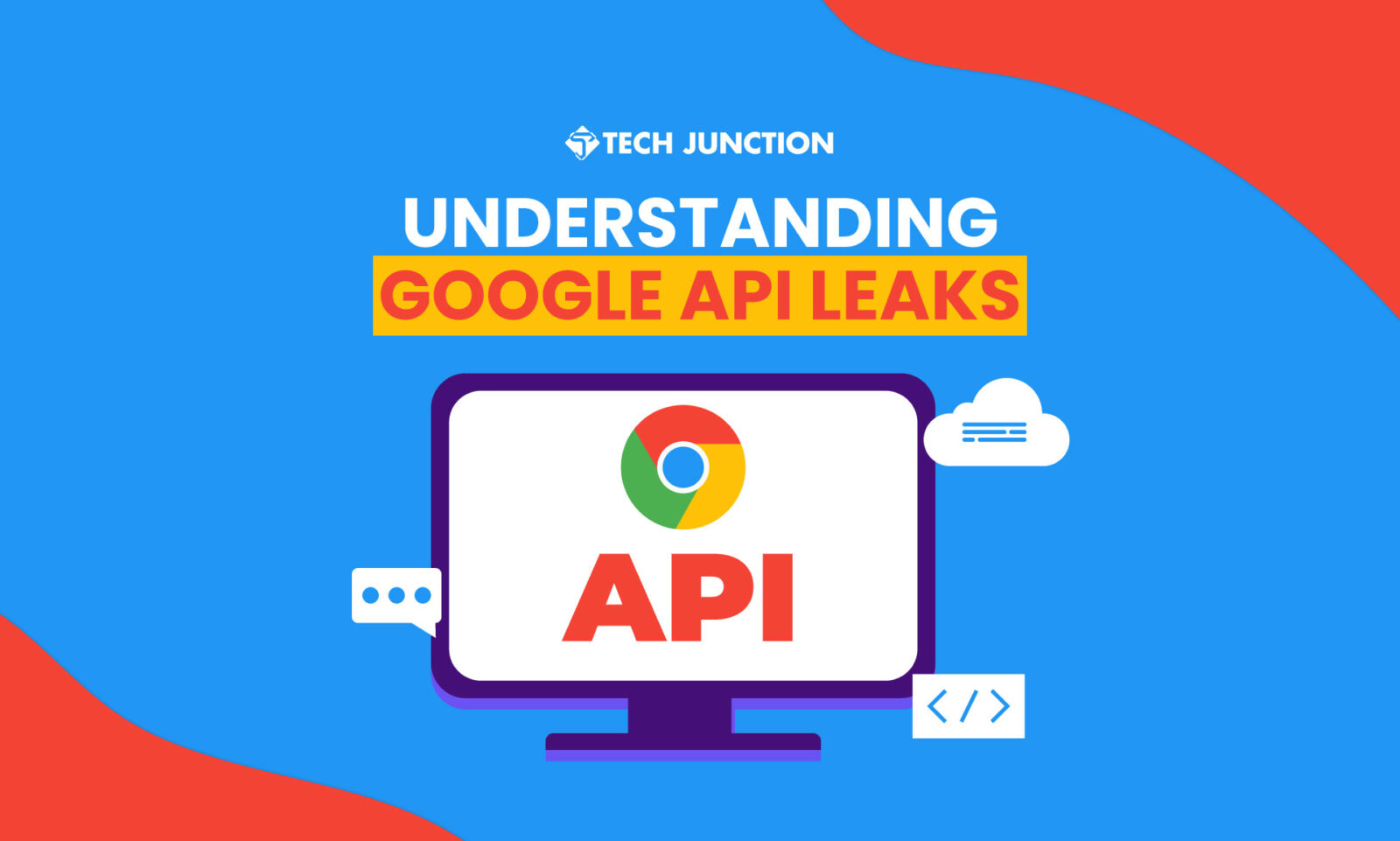In May 2024, a significant leak of Google’s internal API documentation took the SEO and marketing world by storm. This unprecedented incident has provided a rare glimpse into the intricate workings of Google’s search algorithm, sparking a flurry of discussions and analyses within the industry. Here’s a summary of what happened, key insights from the API leaks, and the major takeaways for SEOs and marketers.
The Leak: What Happened?
The leak involved over 2,500 pages of internal documentation related to Google’s search algorithms and Google search ranking API. These documents were accidentally made public on GitHub from late March to early May 2024.
Once Google realized the mistake, they removed the documents, but not before they were indexed and circulated by third-party services. Rand Fishkin of SparkToro was among the first to publicize the leak, which several former Google employees have since verified as legitimate.
Key Insights from the Google Leaked Documents
The leaked documentation offers a comprehensive look into the modules and components that generate Google’s search results. Here are some of the most critical ones:
1. Ranking Factors and Algorithms
- The documents detail various algorithms Google uses, including multiple types of PageRank and newer components like navBoost and chardScores. This confirms that the Google search ranking API system is far more complex and multifaceted than previously understood.
- Google’s algorithms assess user engagement metrics such as “goodClicks,” “badClicks,” and “lastLongestClicks,” which help in filtering out irrelevant clicks and assessing user satisfaction.
2. Content and Quality Scoring
- Google uses an OriginalContentScore to evaluate the originality of content, which suggests that even shorter content can rank well if it’s original and valuable.
- Factors like content freshness, user experience, and title relevance continue to play crucial roles in ranking decisions. The emphasis on date association and frequent updates indicates that maintaining up-to-date content is vital for SEO success.
3. Demotions and Penalties
- The leak outlines several demotion factors, such as poor navigation, mismatched location identity, and irrelevant links. Websites with user dissatisfaction signals, such as high bounce rates and pogo-sticking behavior, will likely be penalized.
Google's Response and Industry Reactions
Google’s official response to the API leaks has been to caution against making assumptions based on the leaked information. They stressed that the documents might be outdated or incomplete and should not be taken as definitive guides to their ranking systems.
Despite this, the SEO community has been buzzing with analyses and interpretations of the Google leaks, seeing them as a unique opportunity to better understand Google’s operations.
Implications of API Leaks for SEOs and Marketers
For SEOs and digital marketers, the Google leaked documents provide valuable insights into optimizing for Google Search. Here are the key takeaways:
1. Focus on User Experience
Ensuring a smooth and intuitive user experience is more critical than ever. Sites should prioritize navigation, quick load times, and mobile-friendliness to avoid penalties and improve rankings.
2. Content Strategy
Regularly updating content with new information, images, and videos can help maintain its freshness. Original, high-quality content continues to be rewarded, and even short, original pieces can perform well.
3. Engagement Metrics
Understanding and improving user engagement metrics like click-through rates, dwell time, and bounce rates can positively impact rankings. Encouraging meaningful interactions and reducing irrelevant clicks are essential.
4. Technical SEO
Technical aspects such as proper use of schema markup, ensuring accurate location data, and maintaining clean and relevant linking structures are crucial for avoiding demotions and enhancing search visibility.
5. Continuous Learning and Adaptation
The Google leaks underscore the need for SEOs and marketers to stay informed about Google’s updates and best practices. While the leaked documents provide a snapshot, Google’s algorithms are continually evolving, requiring ongoing education and adaptation.
Google API Leaks Summarized
The May 2024 Google API leaks have been a game-changer for the SEO community, offering unprecedented insights into the inner workings of the world’s most influential search engine. While Google has downplayed the significance of the leaked information, SEOs and marketers can glean valuable strategies to enhance their digital marketing efforts.
Businesses can better align with Google’s priorities and improve their search performance by focusing on user experience, content quality, engagement metrics, and technical SEO.
The Tech Junction is the ultimate hub for all things technology. Whether you’re a tech enthusiast or simply curious about the ever-evolving world of technology, this is your go-to portal.















